💡 DIY Computer Fixes?
Grab my easy step-by-step guide and keep your computer running like new.
Should You Trust Those New AI Answer Websites? Here’s What You Need to Know
The internet is buzzing these days with new “AI” websites that promise quick answers to everything. You type in a question, the screen flashes for a moment, and out pops an answer that sounds confident and knowledgeable.

It’s no wonder so many people are turning to these tools. They’re fast, they’re available 24/7, and they seem smart at first glance. But what many people don’t realize—especially folks who didn’t grow up in the computer age—is that these AI websites can also give answers that are incomplete, outdated, or just plain wrong.
This doesn’t mean they’re all bad. It simply means we should understand their limits before trusting them with important decisions.
1. AI Doesn’t Actually “Know” Anything
AI doesn’t understand the way humans do. It doesn’t stop, think, or check its work. It puts words together based on patterns, like a super-fast “fill in the blank” machine.

Most of the time, it sounds correct.
But sounding correct isn’t the same as being correct.
2. It Can Give Wrong Answers with Total Confidence
One of the biggest surprises is how confidently AI can deliver a wrong answer. There’s no warning light. No “Are you sure?” No hint that something might be off.
If you don’t already know the topic, it’s nearly impossible to tell the difference.
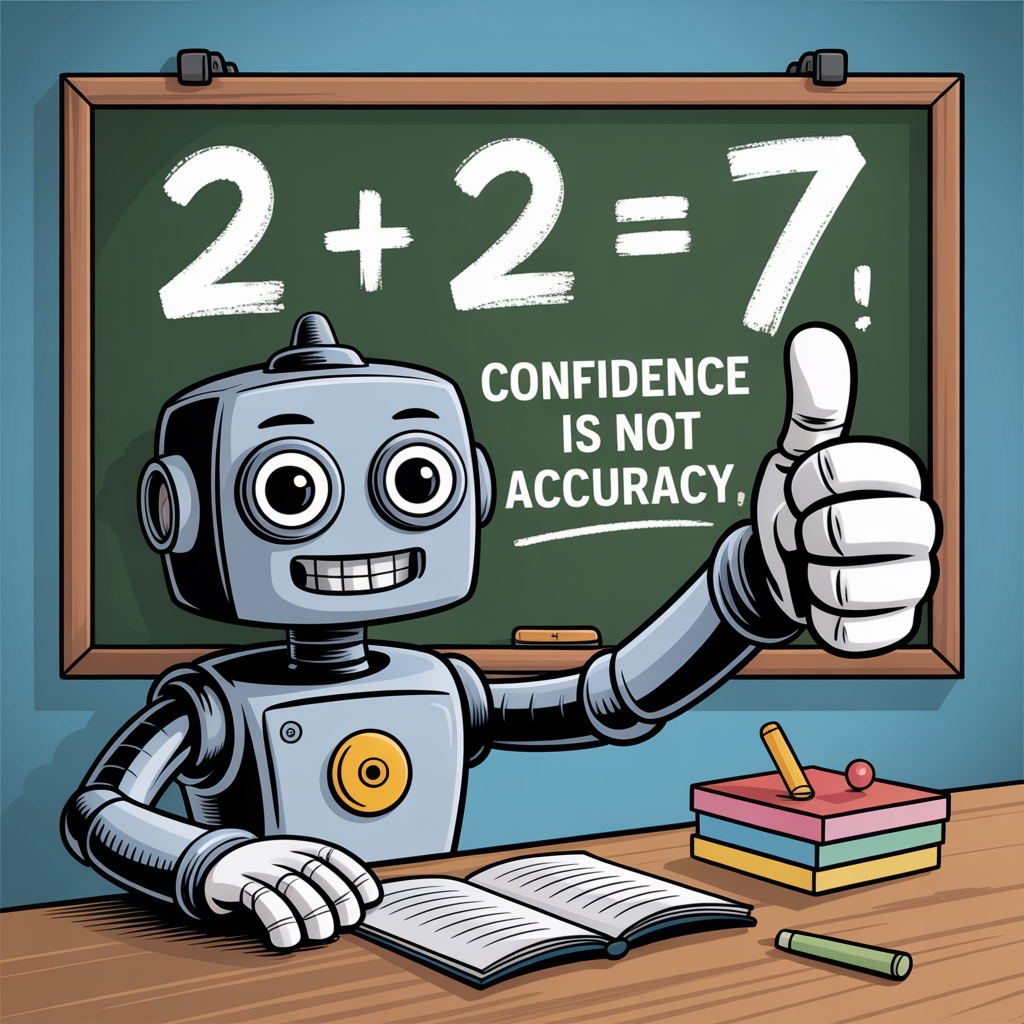
That can be risky when you’re trying to fix a computer problem, understand a bill, or make a purchase.
3. Not All AI Websites Are Safe or Private
Some AI websites collect what you type.
Some store it.
Some sell the information to advertisers.
Some have no privacy policy at all.
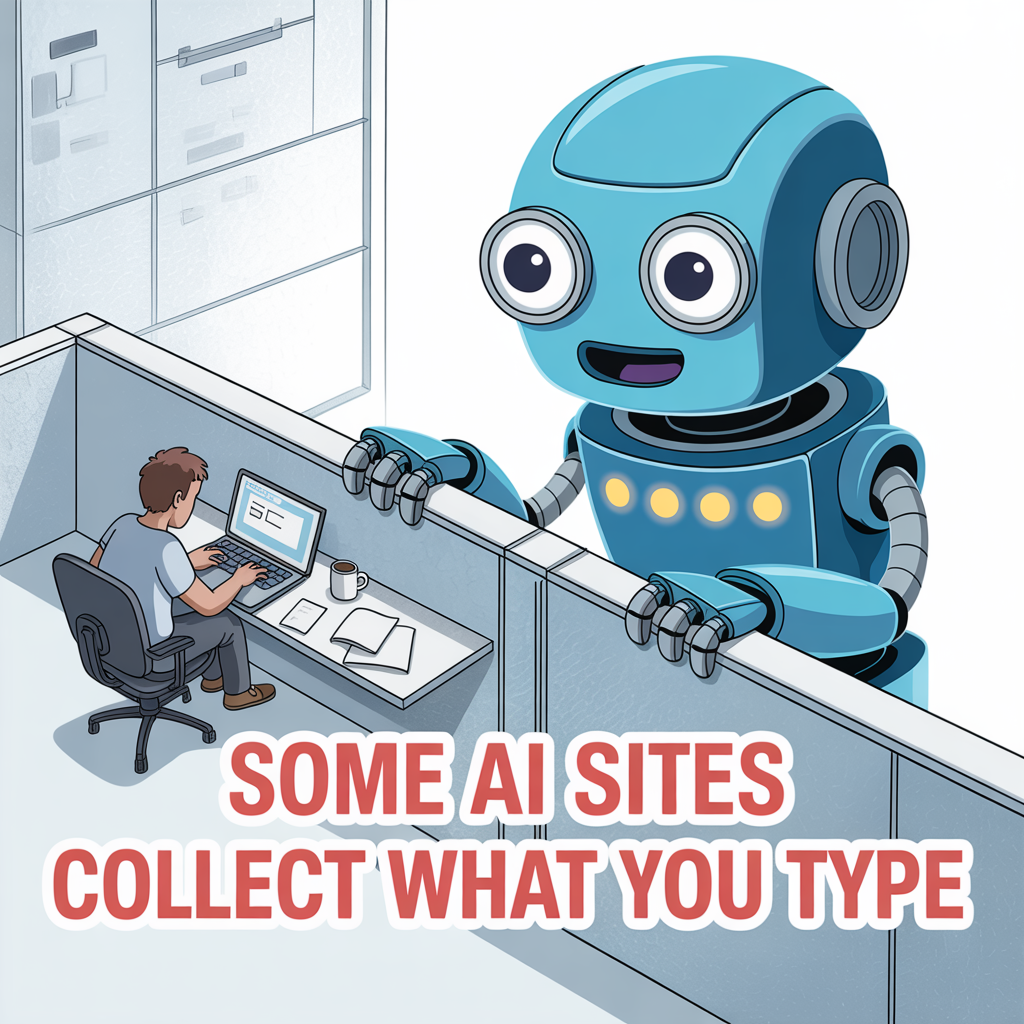
This doesn’t mean all of them are unsafe, but it does mean you should be careful, especially when entering anything personal, like:
• passwords
• account details
• credit card questions
• medical or financial information
• anything identifying
When in doubt, don’t type it in.
4. AI Doesn’t See Your Actual Computer
This is especially important for troubleshooting.
AI can only guess based on what you describe. It can’t see the screen in front of you. It doesn’t know if you clicked the wrong thing, if a setting is missing, or if a problem is actually caused by something completely different.
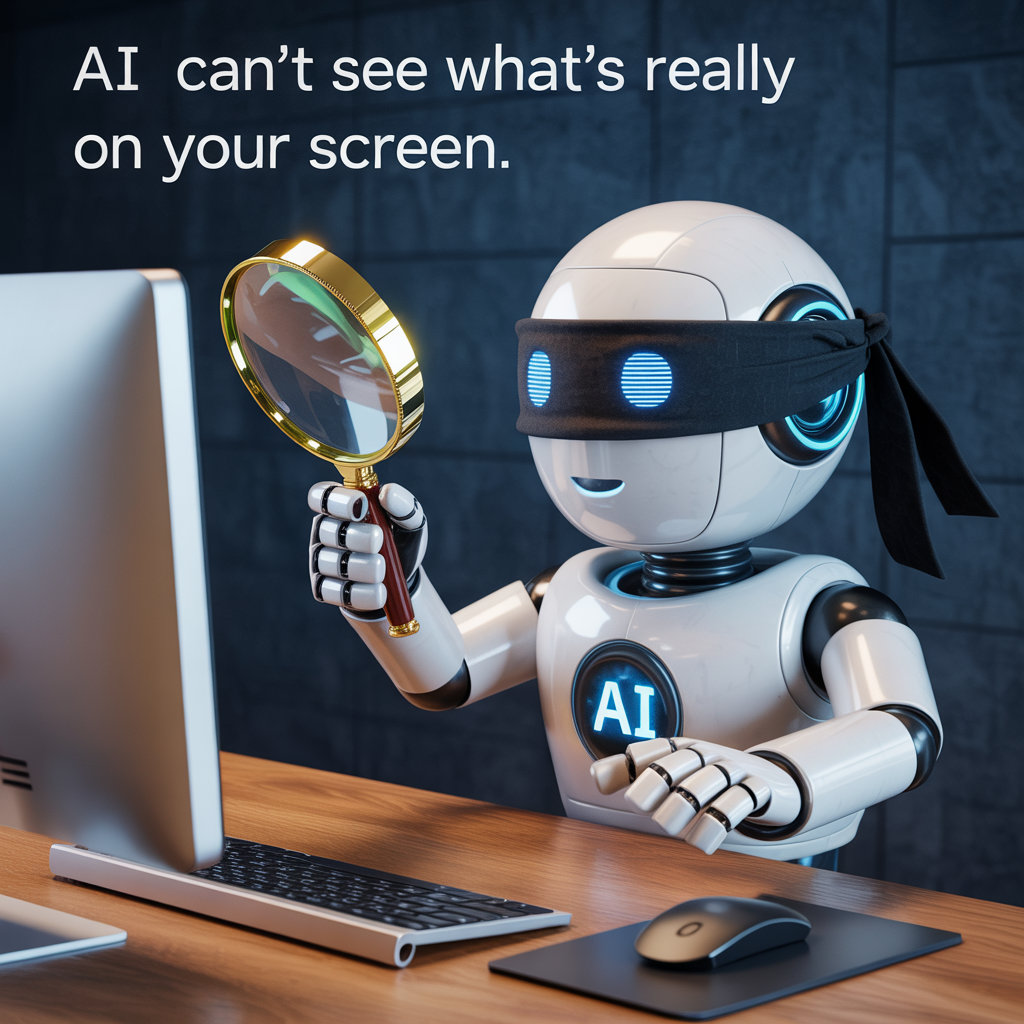
This can lead people down the wrong path, sometimes making the problem worse instead of better.
5. AI Can Be Helpful, But It Shouldn’t Replace Human Guidance
AI is great for:
• quick explanations
• general ideas
• learning the basics of a topic
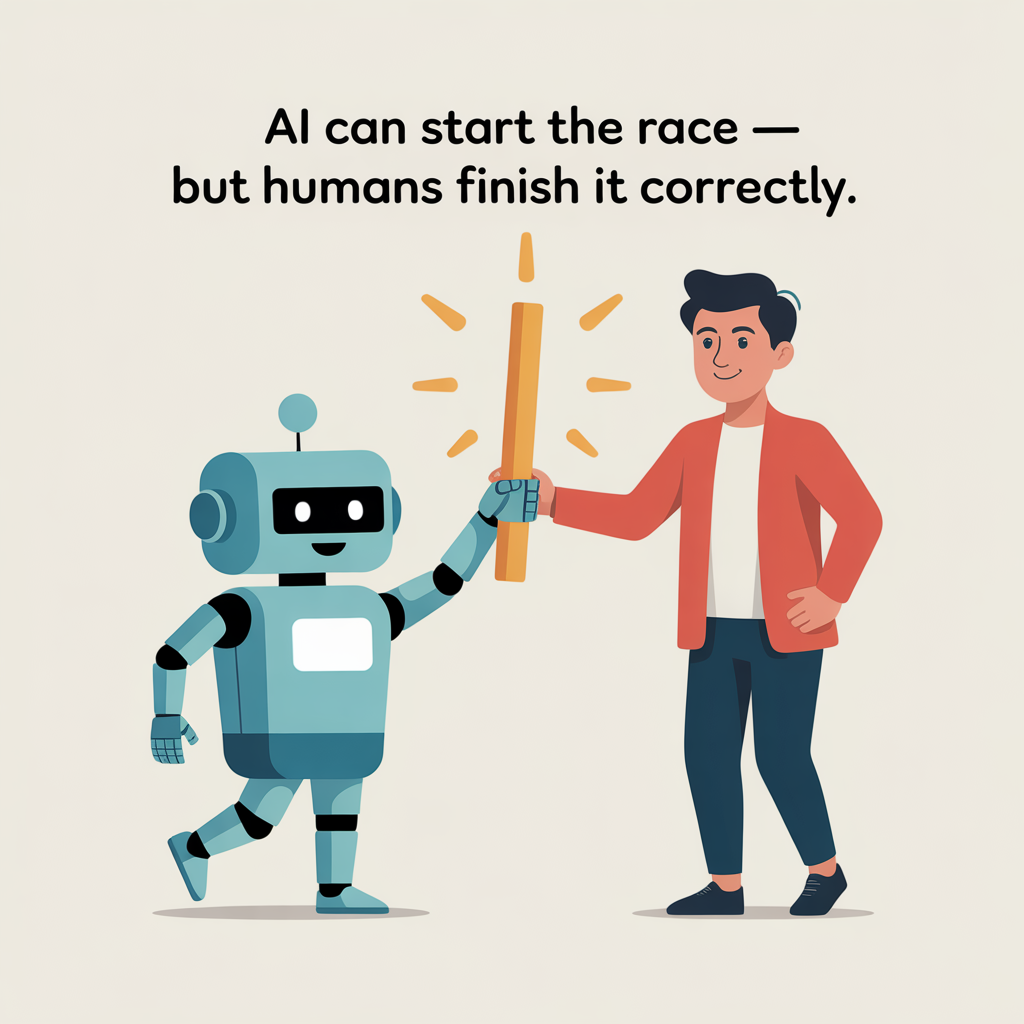
But when something matters—your computer, your privacy, your money, or your peace of mind—it’s best to get help from someone who can actually understand your situation, ask follow-up questions, and give the right advice based on you, not a guess.
That’s where real human help is still unbeatable.
6. If You Ever Feel Unsure, Ask Someone You Trust
Technology shouldn’t feel like a gamble.
If an AI answer leaves you confused, uneasy, or unsure what to do next, reach out to a real expert.
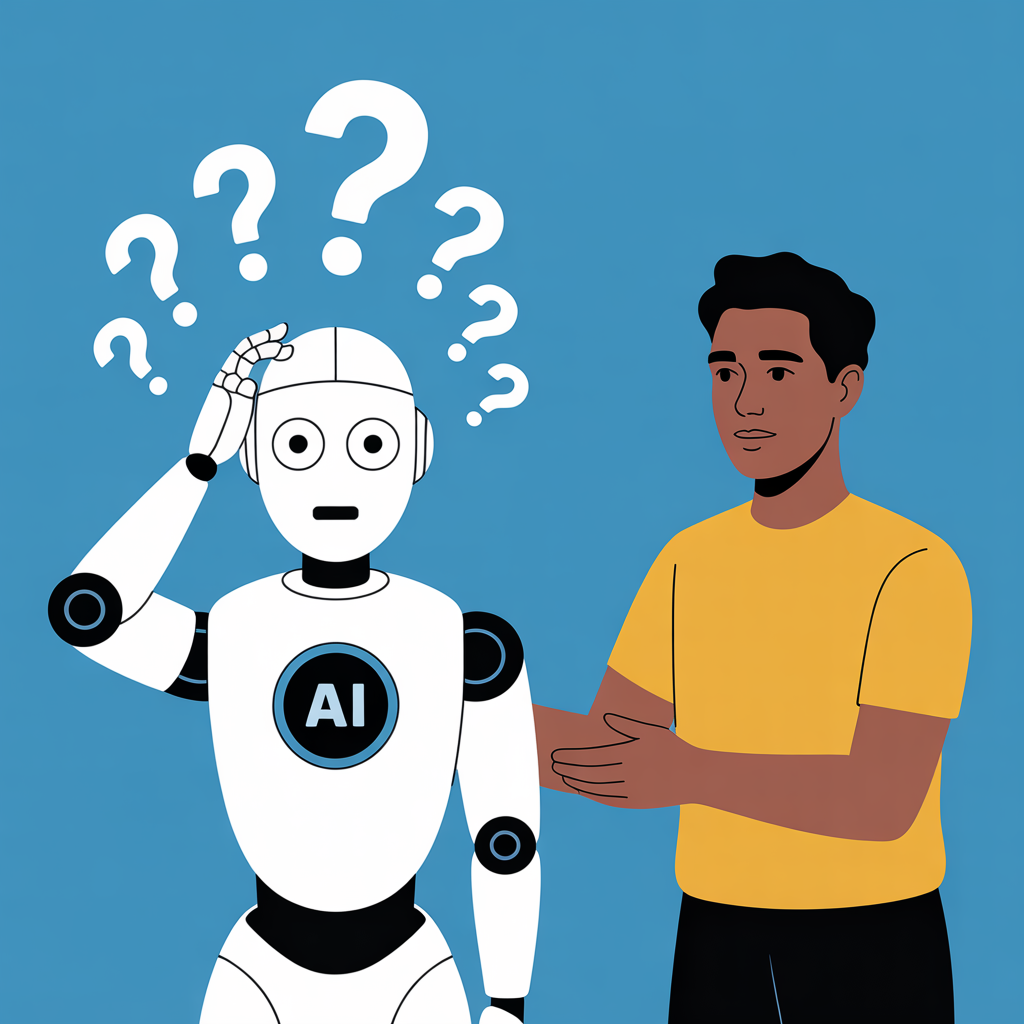
Many seniors tell me, “I tried to fix it myself because the internet said it would be easy.”
And sometimes it is easy—but sometimes it’s a rabbit hole.
There’s no shame in asking for help. That’s what I’m here for.
AI tools can be useful, but they aren’t perfect, and they’re not always safe. The best approach is a balanced one: use AI for simple questions, but rely on real people when it comes to your computer, your personal information, or anything important.
If you ever run into a computer issue or just want friendly, reliable help from someone who won’t talk over your head, I’m here whenever you need me.
You deserve answers you can trust.
That’s still something only a human can provide.


